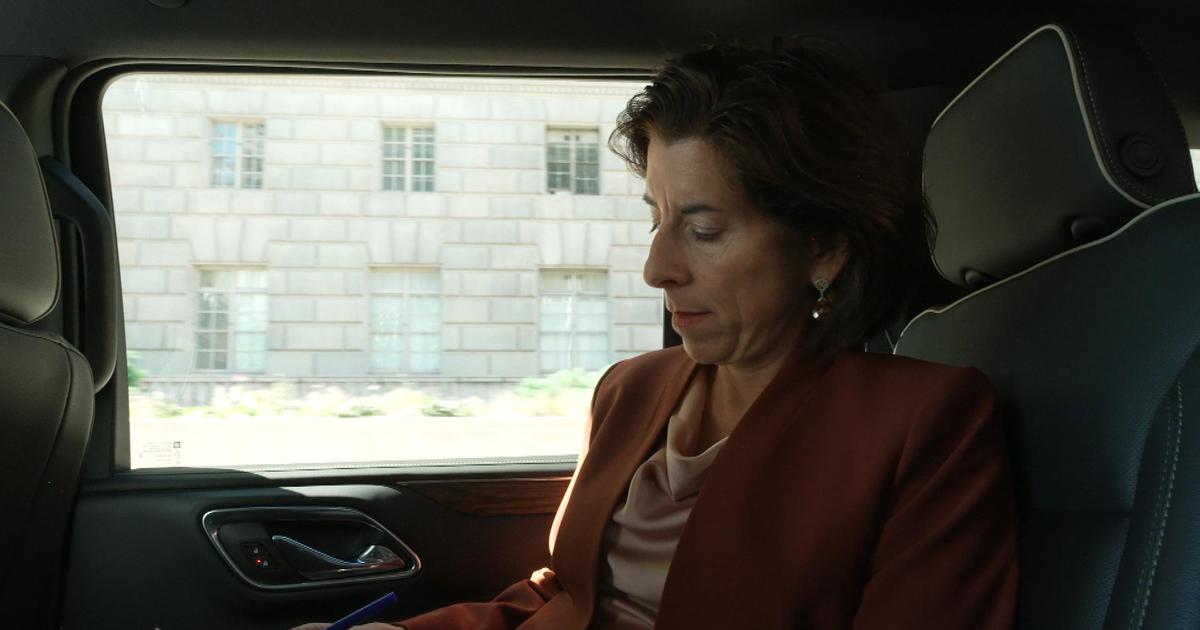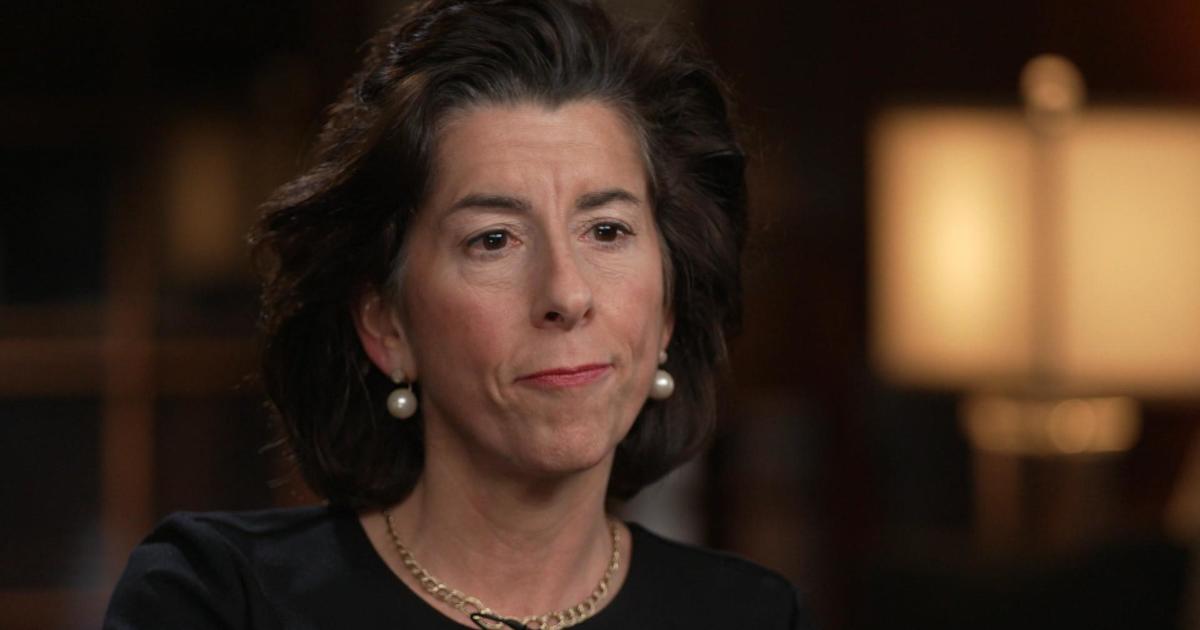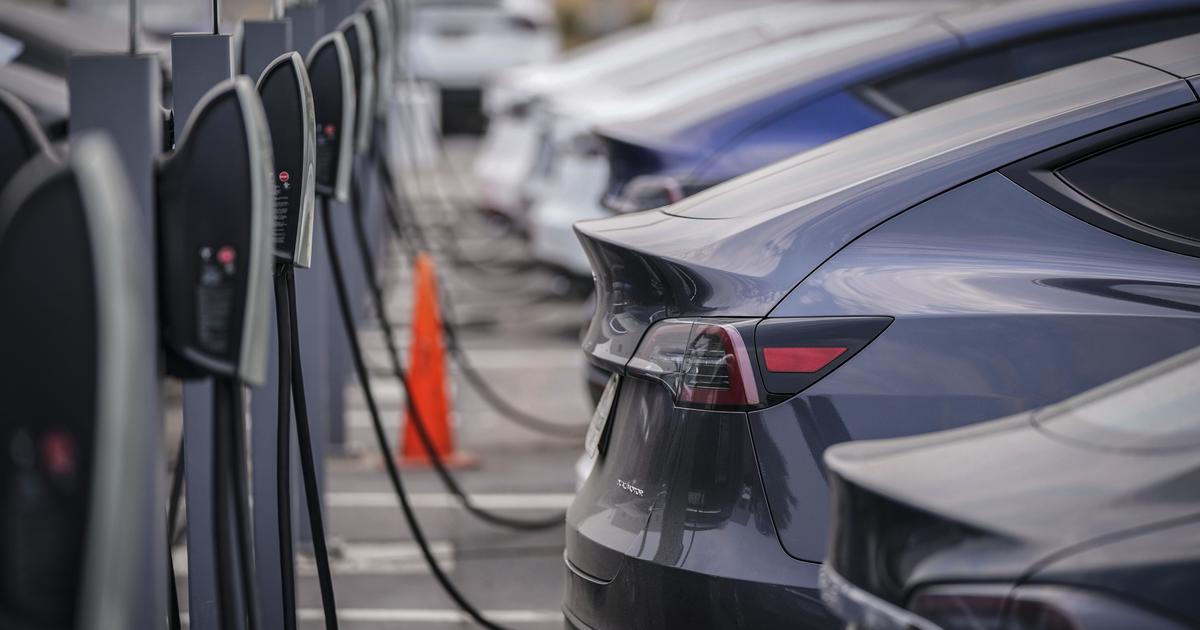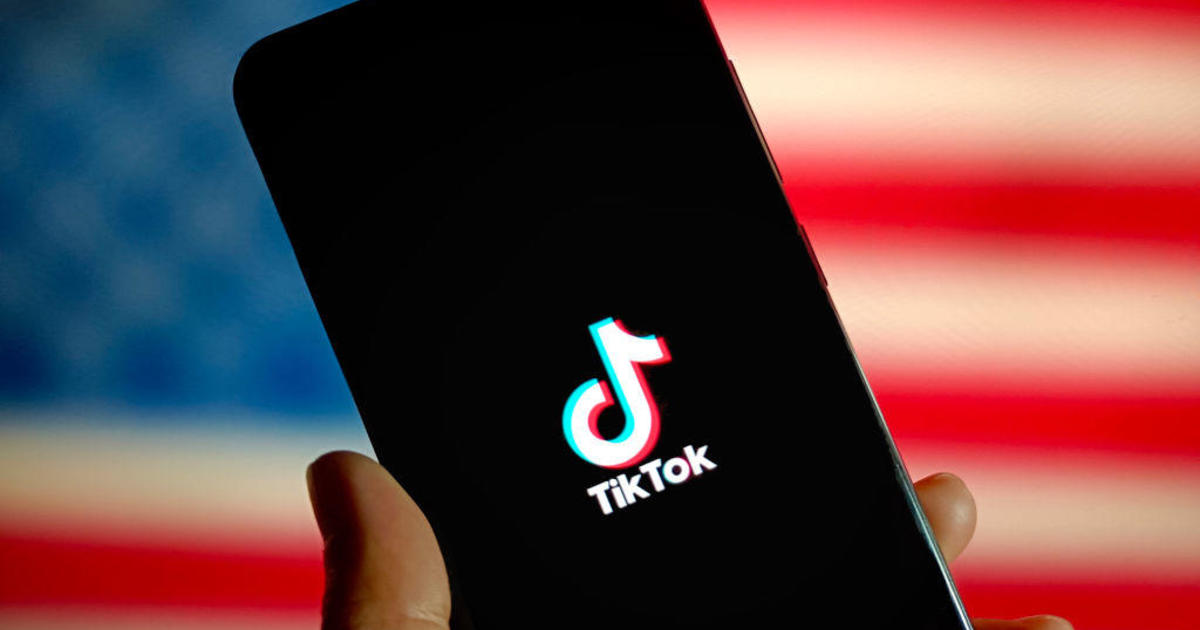U.S. businesses, now owned by China
While politicians, courts and the media scrutinize every detail in the fight over immigration, another, less-discussed migration is underway: the migration of ownership of American businesses overseas -- many to cash-rich China.
In recent years, the Chinese have regarded America as one big yard sale, snatching up distressed companies and anything else that gives the world’s second-largest economy a leg up on U.S. technology at bargain-basement prices. That giant shopping spree is financed by a currency that -- unlike the dollar -- is controlled by the government.
The latest Chinese purchase is little known, but important: life insurance company Genworth Financial. Shareholders will vote whether to sell Genworth to China Oceanwide on March 7. And by midyear, if shareholders and government authorities approve, this “family-owned” foreign firm will own the insurer.
So once again, a Chinese company could make a shrewd deal for $2.7 billion and a modest cash infusion and, in this case, own an American company with $104 billion-plus in assets.
The deal could also be good for Genworth. The insurer has been hemorrhaging badly in one of its key products, long-term care insurance, and recently put its basic life insurance business into “runoff,” meaning it no longer sells these policies. Genworth clearly needs help, and not surprisingly, the Chinese have the ready cash to provide it.
But for American policyholders, the deal may not be so sweet. If dad or mom needs a nursing home, can you be sure that Genworth’s long-term care (LTC) policy will actually take care of them? Or like with so many other LTC policies, will he or she be squeezed out by higher premiums? Genworth is one of the largest insurance providers when it comes to the aging in need of care.
And what about Genworth’s other major product, mortgage insurance, a market in which it’s the sixth-largest player? Mortgage insurance protects banks and other lenders against the possibility -- or in some instances, the probability -- that borrowers will default on their mortgage payments.
Memories of the Great Recession, which saw 1.2 million homes go into foreclosure in six months, are still fresh. But would a foreign country care about a U.S. crisis or simply take advantage of our misfortune?
Genworth has an answer: If China Oceanwide takes over, Genworth will remain a “standalone” company overseeing its own policies and affairs.
Believable? Perhaps. But China’s aggressive takeover record of U.S. companies speaks for itself. The list of targets is long and not really random. According to Fortune magazine, technology tops it, including Ingram Micro, Motorola Mobility and General Electric Appliances. That’s leading some to believe that China’s military, which has a track record for hacking, will use American companies as a window into U.S. markets -- and the government.
China also likes America’s lucrative agricultural market, and one of its companies now owns Smithfield Foods.
The Chinese acquisition binge only moves in one direction: toward the U.S. China has rules against letting foreigners gain much of a foothold there, except with joint ventures. It also has a currency that’s subject to manipulation by the central government.
All this hasn’t gone unnoticed, especially by a group of Genworth shareholders who have sued to stop the deal. The insurer declined to comment on the suit.
In the larger national context, the U.S.-China Economic and Security Review Commission wants to block Chinese state-owned companies (SOEs) from carrying out takeovers in America because they may be “tools to advance [China’s] national security goals.” But the Chinese may be way ahead of this curve.
For example, China Oceanwide is allegedly a “family-owned” firm. Others, like Anbang Insurance, which now owns New York City’s Waldorf Astoria Hotel, are holding companies with “empty offices and obscure names” in Beijing, according to The New York Times. The Times has reported numerous connections between so-called private firms and Chinese government officials.
President Donald Trump is well aware of this. He has labeled China a “currency manipulator,” threatened to slap its products with a huge tariff and promised to bring back jobs from overseas.
However, by owning U.S. businesses, the Chinese control the products these companies produce and the people they employ. Dislodging China’s grip on American business will require a lot more than tough talk.



